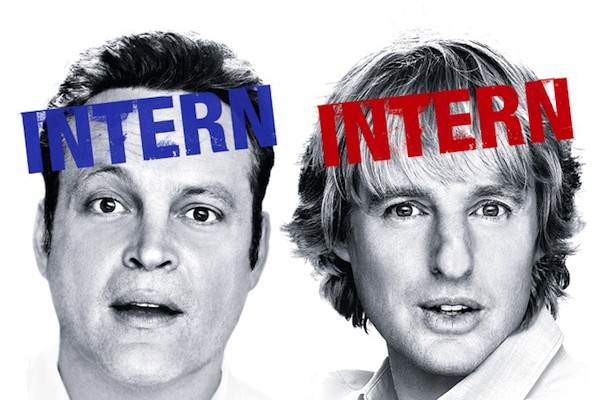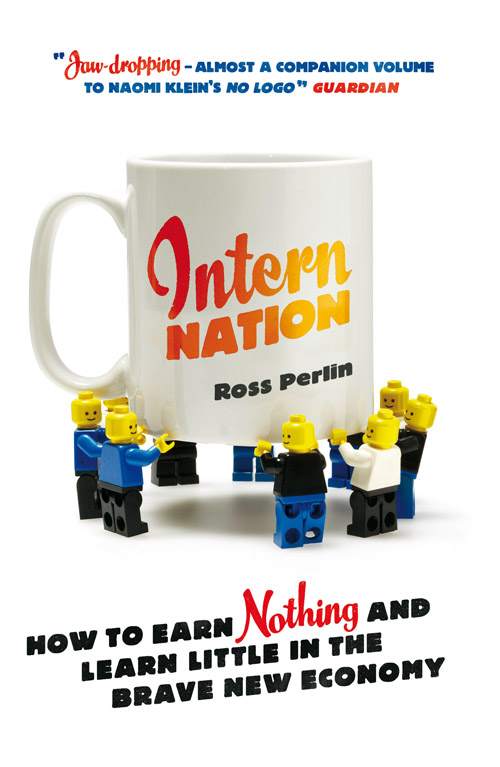 The smiling faces of Vince Vaughn and Owen Wilson currently decorating the sides of many local buses are advertising a new film called ‘The Internship’. Their cheerful demeanor informs us that the film is a comedy-but the rising number of internships appearing in the UK and European youth labour markets is far from a laughing matter.
The smiling faces of Vince Vaughn and Owen Wilson currently decorating the sides of many local buses are advertising a new film called ‘The Internship’. Their cheerful demeanor informs us that the film is a comedy-but the rising number of internships appearing in the UK and European youth labour markets is far from a laughing matter.
The fact is that internships – short periods of often unpaid work- are rapidly becoming a structural feature of the transition into work for young people. How much this development has been driven by the recessionary economic climate is unclear, but internships are now being offered by an ever increasing number and range of employers. And as the number of paid opportunities for young people shrinks, these forms of employment are highly sought after, being seen as an important route onto the career ladder. An auction held recently at Westminster School of elite internships revealed how anxious parents are even prepared to pay high sums of money in order to secure this sort of occupational advantage for their children.
 Yet the evidence also suggests that internships are highly diverse in terms of the experiences and benefits they offer to young people. Recruitment practices vary, as do employment conditions, benefits and rewards, occupational progressions and payment expectations. As such, Ross Perlin, author of Intern Nation, describes internship as ‘a many-headed monster’. Whilst some organisations have been documented as providing highly-desirable and structured schemes with clear training and career benefits for young people, at least a fifth of internships are unpaid, with smaller organisations the least likely to provide wages.
Yet the evidence also suggests that internships are highly diverse in terms of the experiences and benefits they offer to young people. Recruitment practices vary, as do employment conditions, benefits and rewards, occupational progressions and payment expectations. As such, Ross Perlin, author of Intern Nation, describes internship as ‘a many-headed monster’. Whilst some organisations have been documented as providing highly-desirable and structured schemes with clear training and career benefits for young people, at least a fifth of internships are unpaid, with smaller organisations the least likely to provide wages.
In addition, it appears that access to internships is unequal, strongly affected by education, social class, ethnicity, personal/family wealth. The most sought-after internships are often accessed through privileged contacts and a recent Cabinet Office (2009) report likened internship recruitment to an ‘informal economy’, where privileged access routes and non/low payment, render take-up unsustainable for young people without the necessary social networks and/or financial support. In a development of Paul Willis’s findings on how working class kids end up with working class jobs, internships may have become a key mechanism for middle class kids to get middle class jobs, potentially also reproducing divisions of ethnicity, gender and place.
 It would thus appear that there is somewhat of a paradox here: on the one hand internships can make a valuable contribution to (some) young men and women, the organisations they spend time in as well as the national economy which is of course benefiting hugely from all their hard work. On the other hand, internships can be highly discriminating, offering much needed work experience to the privileged few, or may be exploitative for the young people within them, with an absence of support and protection.
It would thus appear that there is somewhat of a paradox here: on the one hand internships can make a valuable contribution to (some) young men and women, the organisations they spend time in as well as the national economy which is of course benefiting hugely from all their hard work. On the other hand, internships can be highly discriminating, offering much needed work experience to the privileged few, or may be exploitative for the young people within them, with an absence of support and protection.
The problem is exacerbated by the fact that our knowledge of internships is scanty and unsystematic. With youth employment high on the policy agenda, now is the time for the issue to be investigated and questioned thoroughly.